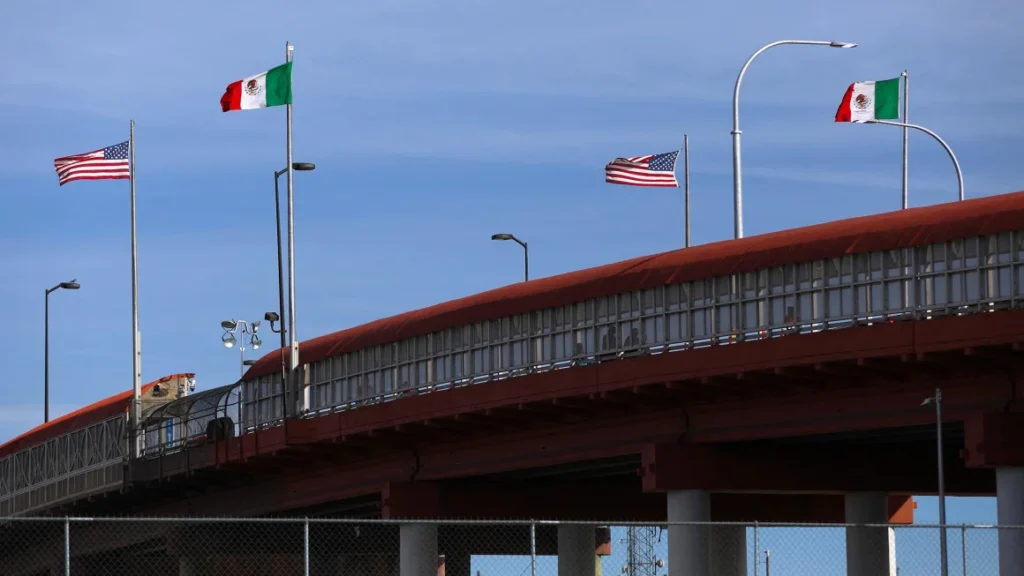
Taiwan-US Alliance is profitable in 2025 ?. Taiwan’s relationship with the United States, its most crucial security partner, faces renewed uncertainty as Donald Trump begins a historic second term. While Trump’s first presidency saw strengthened ties through increased arms sales and high-profile diplomatic visits, his recent rhetoric suggests a more volatile and demanding dynamic ahead.
From Ally to Negotiator: A Shifting Stance
During Trump’s first presidency, Taiwan was a key beneficiary of his tough-on-China stance, bolstering its defense capabilities and diplomatic standing. However, on the campaign trail, Trump’s tone shifted dramatically. He accused Taiwan of “stealing” America’s chip industry and insisted the island should pay more for U.S. protection. Such comments have left many in Taiwan uneasy about how their partnership with Washington will evolve.
Professor Chen Ming-chi, a former senior advisor to Taiwan’s National Security Council, expressed concern over Trump’s unpredictability, stating that uncertainty surrounds whether Taiwan will emerge safer or more vulnerable under his leadership.
Taiwan’s Defense Spending Under Scrutiny
A key issue likely to dominate bilateral relations is Taiwan’s defense budget. Under the Taiwan Relations Act, the U.S. is legally obligated to provide defensive aid to Taiwan, making it the island’s largest arms supplier. Still, Trump has repeatedly called for Taiwan to dramatically increase its defense spending, suggesting a target of 10% of its GDP—a figure far beyond the island’s current 2.5%.
Such an increase would position Taiwan among the world’s top military spenders, surpassing even the U.S. in defense expenditure relative to economic output. However, achieving this could be politically challenging for Taiwan’s President Lai Ching-te, whose party lacks a legislative majority.
Rising Tensions with Beijing
The stakes for Taiwan’s security have never been higher. China’s ruling Communist Party, which views Taiwan as a breakaway province, has intensified military provocations, with daily incursions by fighter jets and large-scale naval drills. This escalating aggression underscores the importance of U.S. support in deterring potential conflict.
Recent developments, such as Taiwan’s Defense Ministry reporting unprecedented Chinese naval deployments, highlight the island’s precarious position. While Beijing has yet to acknowledge these maneuvers, U.S. officials suggest they align with past military exercises.
The Semiconductor Dilemma
Taiwan’s dominance in semiconductor manufacturing adds another layer of complexity. The Taiwan Semiconductor Manufacturing Company (TSMC) produces 90% of the world’s most advanced chips, making it a linchpin in global technology supply chains. However, Trump’s remarks about imposing tariffs on Taiwanese chip exports and accelerating the relocation of chip production to the U.S. have sparked concern.
Such moves could undermine Taiwan’s “silicon shield,” a concept suggesting the island’s strategic economic importance deters Beijing from taking military action. Analysts warn that any disruption to Taiwan’s chip industry could weaken its economic security and strain U.S.-Taiwan ties.
Navigating Uncertainty
Taiwanese officials have maintained confidence in the strength of their U.S. alliance, citing long-standing bipartisan support. Communication channels between the two governments remain robust, particularly in defense and security. However, experts urge Taiwan to enhance its outreach efforts, particularly in the semiconductor sector, to reinforce its role as a trusted and indispensable partner to the U.S.
As Trump’s second term unfolds, Taiwan will closely monitor his foreign policy appointments, stance on Russia’s war in Ukraine, and expectations from allies. In a rapidly shifting geopolitical landscape, Taiwan’s ability to adapt and negotiate will be critical to maintaining its security and economic stability.
Conclusion: A Pivotal Moment for Taiwan
The U.S.-Taiwan relationship stands at a crossroads. With Beijing ramping up its military aggression and Trump signaling tougher demands, Taiwan must prepare for a more transactional alliance. By increasing defense investments, fostering transparent communication, and solidifying its economic partnerships, Taiwan can navigate this uncertain period and safeguard its future.
This evolving partnership will test Taiwan’s resilience and diplomatic acumen, setting the stage for a critical chapter in its quest for security and sovereignty
For read specific news visit again https://khudaniajournal.com

